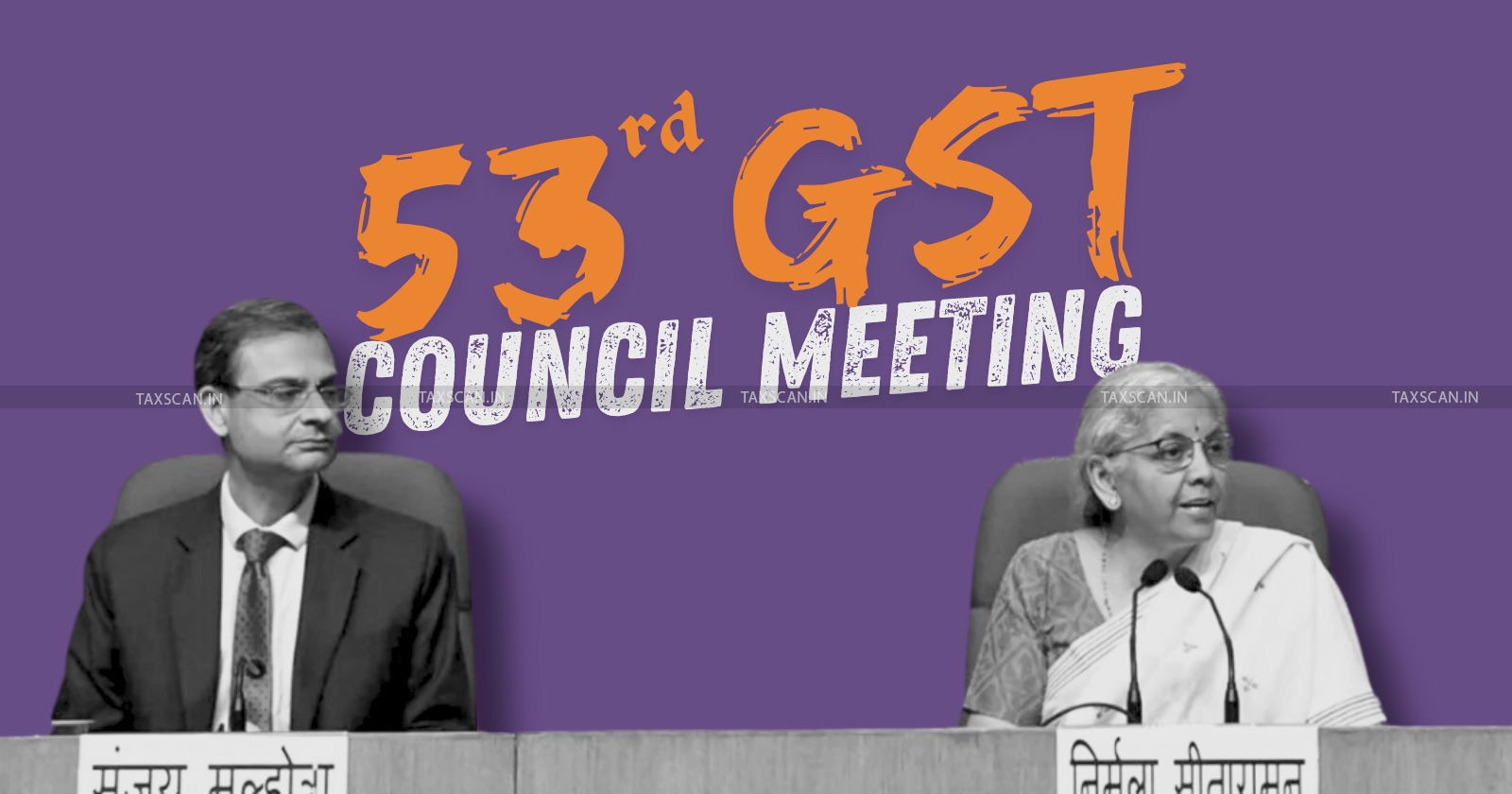53rd GST Council Meeting recommends sunset clause for receipt of any new application for Anti-profiteering
The Council Meeting recommended Sunset Clause for New Anti-Profiteering Applications and Post-April 2025, no new anti-profiteering applications will be entertained.

In a significant move to streamline GST regulations, the 53rd GST Council meeting recommended introducing a sunset clause for new anti-profiteering applications. The Council proposed amendments to Section 171 and Section 109 of the CGST Act, 2017, setting April 1, 2025, as the last date for receiving any new applications concerning anti-profiteering measures.
This change aims to simplify the current framework and reduce the operational burden on businesses. Post-April 2025, no new anti-profiteering applications will be entertained, allowing for a more focused approach on existing cases. The Council also recommended that the Principal Bench of the GST Appellate Tribunal (GSTAT) handle these cases, ensuring a streamlined and efficient resolution process.
The introduction of a sunset clause is part of a broader initiative by the GST Council to enhance the overall compliance and ease of doing business under the GST regime. These recommendations reflect the Council's commitment to reducing litigation and providing clarity to taxpayers.
Among other significant decisions, the Council proposed waiving interest and penalties for demand notices issued under Section 73 of the CGST Act for fiscal years 2017-18, 2018-19, and 2019-20, provided the full tax is paid by March 31, 2025. This move is expected to offer substantial relief to taxpayers who faced challenges during the initial years of GST implementation.
The Council also recommended extending the deadline for availing input tax credit (ITC) for the fiscal years 2017-18 to 2020-21 to November 30, 2021. This extension addresses the difficulties faced by businesses in adjusting to the new tax regime.
To further reduce litigation, the Council set monetary limits for filing appeals: Rs. 20 lakh for the GST Appellate Tribunal, Rs. 1 crore for High Courts, and Rs. 2 crores for the Supreme Court. Additionally, the required pre-deposit amounts for filing appeals have been reduced, easing the financial burden on taxpayers.
These measures, once implemented through the necessary amendments and notifications, are expected to enhance the efficiency of the GST framework, making it more user-friendly and less contentious for businesses across India. The Council's recommendations highlight a proactive approach to addressing the complexities and operational challenges within the GST system, ensuring a more streamlined and effective tax regime.
Support our journalism by subscribing to Taxscan premium. Follow us on Telegram for quick updates


